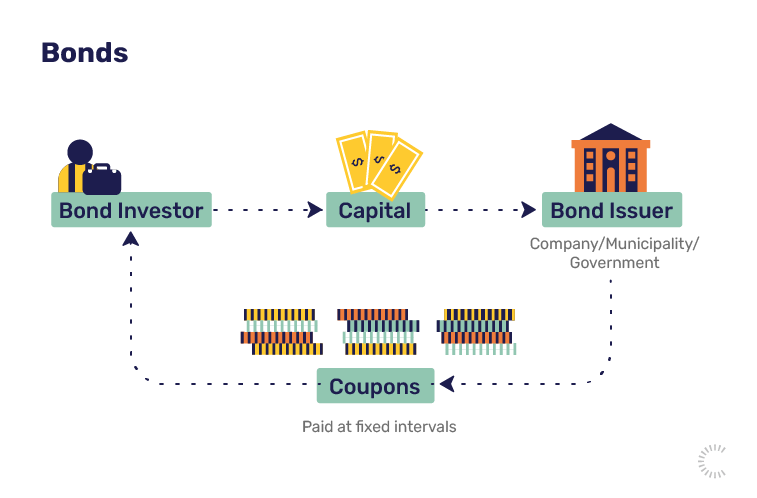If the idea of purchasing the stock market frightens you, you are not alone. Individuals with very restricted experience in stock investing are either terrified by horror stories of the average investor losing 50% of their portfolio valuefor example, in the two bearish market that have actually currently happened in this millennium or are seduced by "hot suggestions" that bear the promise of huge benefits however seldom settle.
The truth is that buying the stock exchange carries danger, however when approached in a disciplined way, it is among the most efficient ways to develop up one's net worth. While the worth of one's house generally represents the majority of the net worth of the average specific, many of the upscale and very abundant generally have most of their wealth purchased stocks.
Secret Takeaways Stocks, or shares of a business, represent ownership equity in the firm, which give investors voting rights in addition to a residual claim on corporate revenues in the kind of capital gains and dividends. Stock exchange are where specific and institutional investors come together to buy and sell shares in a public location.

For example, a specific or entity that owns 100,000 shares of a business with one million exceptional shares would have a 10% ownership stake in it. Most companies have exceptional shares that admin.over-blog.com/6750929/write/184801998 encounter the millions or billions. Typical and Preferred Stock While there are two primary kinds of stockcommon and preferredthe term "equities" is synonymous with common shares, as their combined market value and trading volumes are many magnitudes larger than that of preferred shares.
Preferred shares are so named because they have choice over the common shares in a company to get dividends As assets in the event of a liquidation. Typical stock can be further classified in regards to their ballot rights. While the basic property of typical shares is that they should have equivalent ballot rightsone vote per share heldsome companies have dual or multiple classes of stock with various voting rights connected to each class.